Best Way to Kill Ants | Effective Ant Control
Ant control methods vary depending on the type of ant you're dealing with, as different species have different habits and behaviors. By understanding the key factors that attract ants to your home and adopting effective control strategies, you can reclaim your space from these unwanted intruders.

Key Takeaways:
- Identifying the type of ant you're dealing with is crucial for effective control.
- Ants are attracted to food sources, water sources, and access points in your home.
- Common ant varieties include carpenter ants, fire ants, pharaoh ants, odorous house ants, and pavement ants.
- Prevention plays a vital role in keeping ants out of your home.
- Non-toxic methods like diatomaceous earth, essential oils, and vinegar can help repel or kill ants.
How to Identify Ants
Identifying ants is an essential step in effective ant control. By understanding the characteristics of different ant species, you can better target your efforts and implement appropriate control measures. Here are some key factors to consider:
- Size: Ants can range in size from 1/32 to 3/4 inch long. By observing the ants closely, you can get an idea of their approximate size, which can help in narrowing down the possibilities.
- Color: Ants come in various colors, with shades including yellowish-red to black. Paying attention to the coloration of the ants can provide valuable clues for identification.
- Body Parts: Ants have three distinct body parts: the head, thorax, and abdomen. Examining these body parts can help in determining the ant species.
- Behavior: While ants are generally non-aggressive, some species can bite or sting when they feel threatened. Observing the behavior of the ants can offer insights into their species type.
It's important to note that different ant species are attracted to different types of food sources. Some ants are more inclined towards sweets, while others prefer protein-based foods. Knowing which type of ant you're dealing with can help you devise targeted control strategies.
Continue reading to learn more about the factors that attract ants to your home in Section 3.
Three Things That Attract Ants to Your Home
Ants can be a common nuisance in many households. Understanding why ants come inside your home is key to preventing infestations. They are attracted to three main factors: food sources, water sources, and access points.
Food Source
Ants are opportunistic feeders and can eat almost anything. However, they have a particular affinity for sweets. Any food spill or crumb left out can quickly attract ants and lead to an infestation. To prevent this, make sure to clean up spills promptly and store food in sealed containers. It's also important to keep your kitchen clean and free of food debris that may attract ants.
Water Source
Like all living creatures, ants need water to survive. Consequently, they will seek out water sources in your home. Leaky pipes, dripping faucets, and standing water can all attract ants. Pet water bowls that are left out can also provide a water source for ants. To discourage ants from entering your home, fix any leaks, dry up standing water, and avoid leaving water bowls out for extended periods.
Access Points
Ants are tiny and can find their way into your home through the smallest of cracks and crevices. They use these access points to gain entry and establish their colonies. To prevent ants from coming inside, you should seal cracks, gaps, and openings around windows, doors, and foundations. It's also important to inspect and seal potential entry points such as gaps around pipes and utility lines.

By being aware of these three factors that attract ants to your home, you can take proactive steps to prevent ant infestations. Keeping a clean, food-free kitchen, addressing water sources, and sealing access points can go a long way in deterring ants from entering your living space.
Common Ant Varieties to Watch Out For
When it comes to dealing with ants in your home, it's important to know the common ant varieties that can cause problems. Here are some types of ants you should watch out for:
- Carpenter ants: These ants can be a nightmare for homeowners, as they have the ability to damage wood structures. If you notice sawdust-like shavings or hollow-sounding wood, you may have a carpenter ant infestation.
- Fire ants: Fire ants can be not only annoying but also dangerous. Their stings can cause painful reactions and even allergic reactions in some individuals. Be cautious of fire ant mounds and take steps to eliminate them from your property.
- Pharaoh ants: Pharaoh ants are small and notorious for spreading harmful bacteria, including salmonella and streptococcus. If you spot these ants in your kitchen or bathroom, it's crucial to take immediate action to prevent the spread of diseases.
- Odorous house ants: These ants emit a foul smell when crushed, often described as a rotten coconut odor. If you detect this unpleasant scent, you may be dealing with odorous house ants. Their presence can be a sign of moisture issues in your home.
- Pavement ants: Pavement ants create nests along sidewalks and driveways, often near cracks or gaps. While they may not cause structural damage, their presence can be unsightly and need to be addressed to maintain a clean and pest-free outdoor space.
To effectively control and eliminate these ant varieties, it's crucial to implement the appropriate ant control methods. Understanding the behavior and characteristics of these ants can help you take the necessary steps to protect your home.
Life Cycle of an Ant
Ants are fascinating creatures that live in colonies and have a complex life cycle. Understanding the stages of an ant's life and how they function within their colonies is crucial for effective ant control.
An ant colony consists of three types of adults: queens, males, and workers. The queen ant is the reproductive powerhouse of the colony. She lays hundreds of eggs and is responsible for the continuance of the colony.
Male ants, also known as drones, have one primary purpose: to mate with the queen. After mating, the male ants typically die, as their role in the colony is fulfilled.
The worker ants play a vital role in the survival and maintenance of the ant colony. They are responsible for various tasks such as building and defending the nest, caring for the young, and foraging for food.
The life cycle of an ant begins when the queen lays her eggs. These eggs hatch into larvae, which are helpless and rely on the workers for nourishment and care. As the larvae grow, they enter the pupal stage, where they undergo metamorphosis and transform into adult ants.
Once the pupal stage is complete, the matured ants emerge as adult workers. These worker ants continue to contribute to the colony's activities, ensuring its survival and growth.
Ant colonies typically overwinter in soil or woody areas, providing protection from harsh weather conditions. They remain dormant during winter and resume their activities in the warmer months.
Having a good understanding of the ant life cycle is essential for effective ant control. By targeting the different stages of an ant's life, you can disrupt their colony and prevent future infestations.
How to Prevent Ants from Coming Inside Your Home
Prevention is key to avoiding an ant problem in your home. By taking proactive steps to keep ants out, you can maintain a clean and pest-free environment. Follow these ant prevention tips to protect your home:
- Store food in sealed containers: Ants are attracted to food sources, so keep your pantry items in airtight containers to prevent them from accessing the food.
- Clean up spills promptly: Wipe away any food or drink spills immediately to eliminate potential food sources that may attract ants.
- Refrigerate ripe fruit: If you have ripe fruit, store it in the refrigerator rather than leaving it out on the counter. Ants are particularly drawn to sweet and juicy fruit.
- Check for leaks and address moisture issues: Ants need water to survive, so fix any leaky pipes or faucets and address any moisture problems in your home.
- Keep pet bowls clean: If you have pets, clean their food and water bowls regularly to prevent ants from being attracted to leftover food or spills.
- Line trash cans: Use trash bags and ensure that your trash cans are tightly sealed to prevent ants from being attracted to the garbage.
- Use cinnamon or cayenne pepper as natural deterrents: Sprinkle cinnamon or cayenne pepper near entry points and ant trails to deter ants from coming inside.
- Seal cracks and crevices: Inspect your home for any cracks or crevices where ants can enter and seal them using caulk or weatherstripping.
- Use pest barriers: Install pest barriers, such as door sweeps and silicone sealants, where pipes and wires enter your house to block ant entry points.
By implementing these ant prevention measures, you can help keep ants from entering your home and ensure a pest-free living space.
How to Get Rid of Ants Using Non-Toxic Methods
If you're dealing with an ant problem and prefer to use non-toxic methods for elimination, you're in luck. There are several natural ways to kill ants and achieve effective ant control without resorting to harmful chemicals. These non-toxic ant removal methods are safe to use around pets and children, making them a preferred choice for many homeowners.
1. Diatomaceous Earth: Diatomaceous earth is a natural powder made from the fossilized remains of diatoms. It acts as an abrasive substance that damages the ant's exoskeleton, causing dehydration and ultimately leading to their demise. Sprinkle diatomaceous earth along ant trails and in infested areas to effectively eliminate the ants.
2. Pepper: Ants are repelled by the strong scent of pepper. Sprinkle black or red pepper near their entry points or along ant trails to deter them from entering your home. You can also create a pepper barrier by mixing equal parts pepper and water and spraying it around your home to discourage ants.
3. Essential Oils: Peppermint and tea tree oil are natural ant repellents that can be used to kill ants. Ants dislike the strong scent emitted by these oils and will avoid areas where they are present. Soak cotton balls in peppermint or tea tree oil and place them near ant entry points or infested areas to repel and eliminate ants.
4. White Vinegar: White vinegar is a versatile household product that can also be used to kill ants. Fill a spray bottle with equal parts water and white vinegar, and spray the solution directly on ants or their trails. The strong odor of vinegar disrupts their scent trails and discourages ants from returning.
5. Baking Soda: Baking soda is another natural remedy that can effectively get rid of ants. Mix equal parts baking soda and powdered sugar and place the mixture near ant-infested areas. The ants will be attracted to the sugar but will ingesaltnates baking soda, which will ultimately kill them.
6. Citrus Fruits: Citrus fruits like lemon and orange can be used in your battle against ants. Squeeze fresh citrus juice near ants' entry points or infested areas to repel them. The strong smell of citrus fruits will deter ants from entering your home.

These non-toxic methods provide effective ant control without the use of harmful chemicals. However, it's important to note that these natural remedies may take a bit longer to eliminate ants compared to chemical treatments. Persistence and consistency are key to achieving the desired results. Regularly apply these non-toxic methods to ant trails and infested areas, and monitor their effectiveness. By incorporating these natural ways to kill ants into your ant control strategy, you can successfully eliminate ants without compromising the safety of your household.
Other Household Products That Can Help Kill Ants
Aside from the natural remedies mentioned earlier, there are several other household products that can effectively aid in the control of ants. These readily available items can be used to repel or eliminate ants and provide an additional line of defense against infestations.
- White vinegar: White vinegar is a versatile household product that can be used for so many things, including ant control. Ants are repelled by the strong scent of vinegar, making it an effective deterrent. Mix equal parts white vinegar and water in a spray bottle and spray it around areas where ants are present.
- Borax: Borax is a natural mineral powder that can be used to kill ants. It works by interfering with their digestive system, leading to their demise. Mix equal parts borax and sugar to attract ants, then place the mixture in areas where ants are commonly seen. They will be attracted to the sweet bait and unknowingly bring it back to their colony, effectively eliminating the entire ant population.
- Glass cleaner and detergent: Glass cleaner and detergent can be effective in killing ants on contact. Fill a spray bottle with a mixture of water, glass cleaner, and a few drops of dish detergent. Spray the solution directly on ants to quickly eliminate them.
- Ground black or red pepper: Ants are deterred by strong smells, including the pungent aroma of black or red pepper. Sprinkle ground pepper in areas where ants are entering your home, or create a barrier around your kitchen to prevent their entry.
- Lemon eucalyptus oil: Lemon eucalyptus oil is known for its insect-repellent properties. Mix a few drops of lemon eucalyptus oil with water in a spray bottle and spritz it around doorways, windows, and other entry points to deter ants from coming inside.
- Coffee grounds: Coffee grounds not only have a strong smell that repels ants, but they also contain compounds that are toxic to them. Sprinkle used coffee grounds around ant trails or near their colonies to discourage their presence.
When using these household products, it is important to follow the instructions and use them safely. While these natural alternatives can be effective, persistent ant problems may require professional assistance or the use of chemical treatments.
By utilizing a combination of natural remedies, household products, and diligent prevention measures, you can effectively control ants and maintain a pest-free home.
Applying Indoor and Outdoor Treatments for Ant Control
When it comes to effectively controlling ants, both indoor and outdoor treatments are essential. By using the right strategies and products, you can eliminate ant infestations and prevent them from returning to your home. In this section, we'll explore the different treatments you can utilize to tackle ants in both indoor and outdoor settings.
Indoor Ant Treatments
To combat ants that have invaded your home, there are two main options: ant baits and sprays. Ant baits are highly effective for social ants, such as pharaoh ants or odorous house ants, as they carry the bait back to the colony to share. This allows for the complete eradication of the ant population. When using ant baits, make sure to place them near ant trails and areas where ants are commonly seen.
For situations where ants have already established a food supply indoors, ant sprays can be used to supplement baiting. These sprays are specially formulated to kill ants on contact and provide immediate control. It's important to follow the instructions on the product label and apply the spray only to targeted areas, such as cracks, baseboards, and entry points.
Outdoor Ant Treatments
Ants can also be a nuisance in outdoor areas such as gardens, patios, and yards. To tackle ants in these settings, there are specific ant baits and sprays designed for outdoor use. These products are formulated to withstand weather conditions and effectively target ant colonies that may be nesting outside. When applying outdoor ant treatments, focus on areas where ant activity is prevalent, such as ant hills, cracks in pavement, or under decks.
To ensure the effectiveness of these treatments, regular monitoring and maintenance are necessary. Check for ant activity and reapply treatments as needed. By staying vigilant and proactive, you can keep ants at bay and enjoy your outdoor spaces without unwanted pests.
In conclusion, addressing ant infestations requires a combination of indoor and outdoor treatments. By using ant baits and sprays appropriately, you can eliminate existing ant colonies and prevent future infestations. Regular monitoring and reapplication of treatments are crucial for long-term success. With these strategies in place, you can take control of your home and outdoor areas, ensuring a pest-free environment.
Conclusion
In conclusion, effective ant control is crucial for maintaining a pest-free home. By identifying the type of ant you are dealing with, you can tailor your approach to effectively address the problem. Addressing the factors that attract ants, such as food sources, water sources, and access points, is essential in preventing infestations.
Utilizing non-toxic and natural methods, such as using diatomaceous earth, essential oils, and white vinegar, provides an environmentally friendly way to repel or kill ants without posing a threat to your family or pets. Additionally, incorporating indoor and outdoor treatments, such as ant baits and sprays, can help eliminate existing ant colonies and prevent future infestations.
Effective ant control requires a proactive approach that includes prevention strategies, identification, and the use of appropriate treatment methods. By following these steps, you can take control of your home and effectively eliminate ants, creating a safe and comfortable living environment for you and your loved ones.
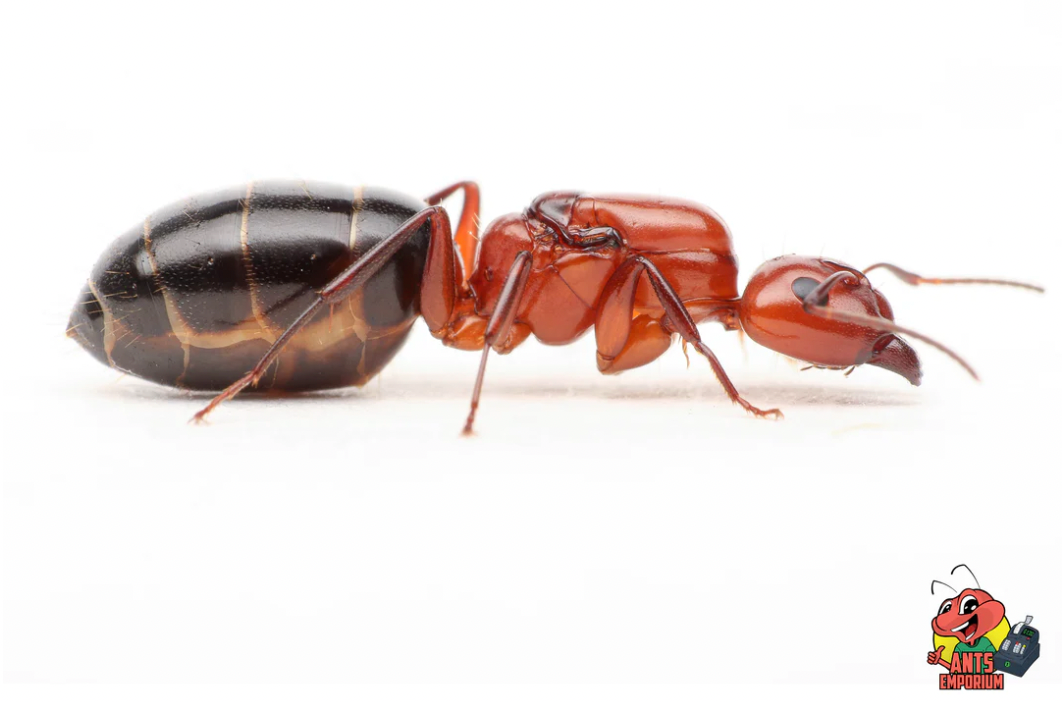
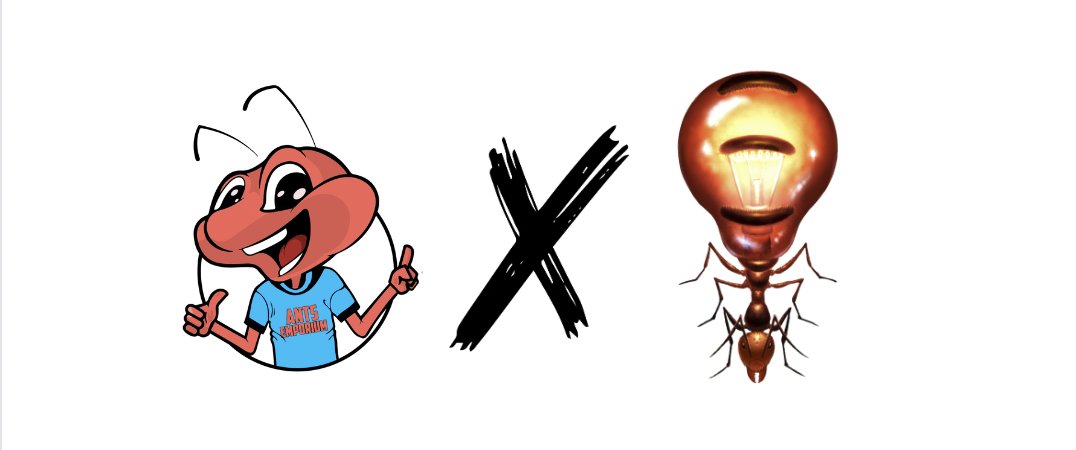
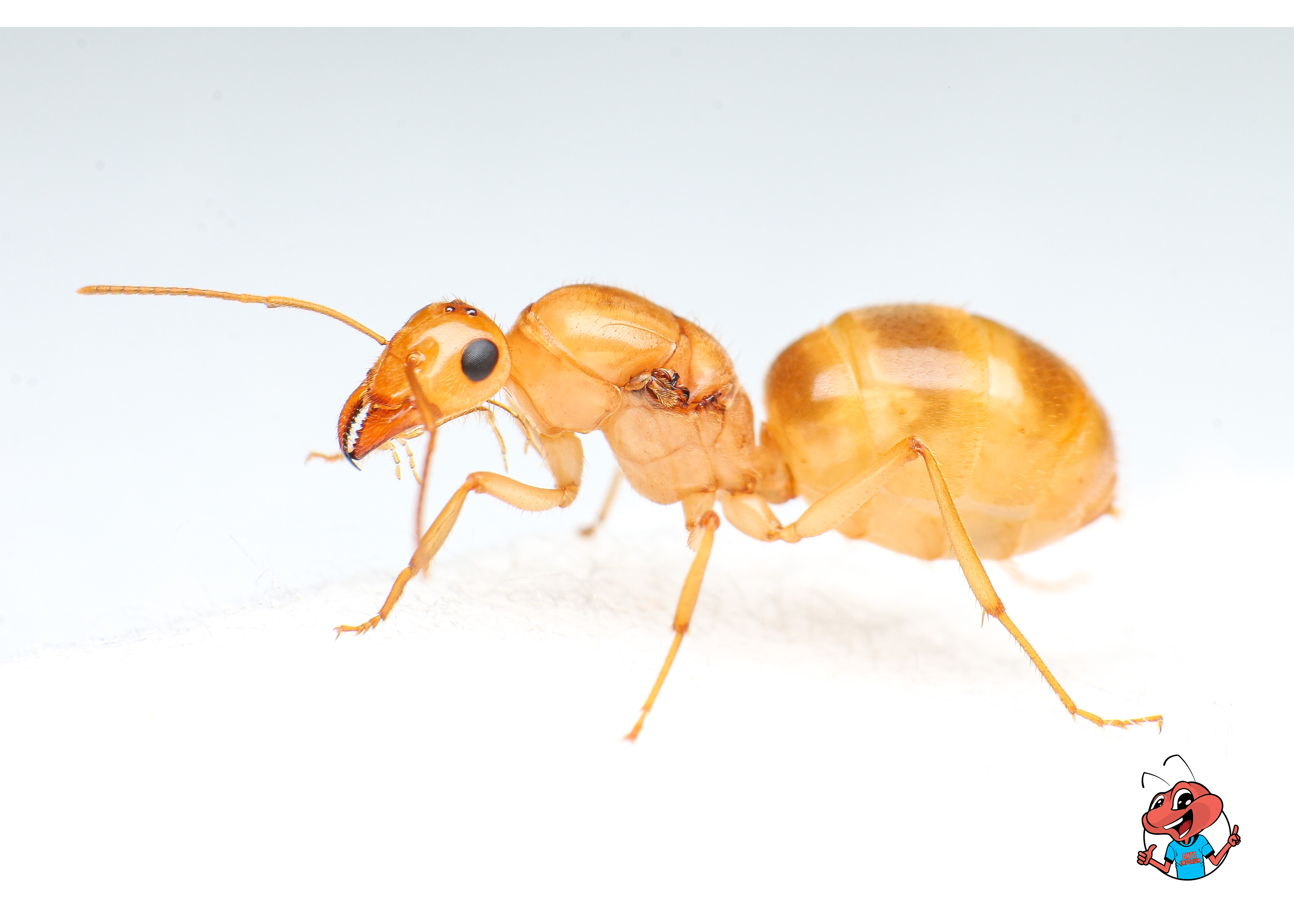
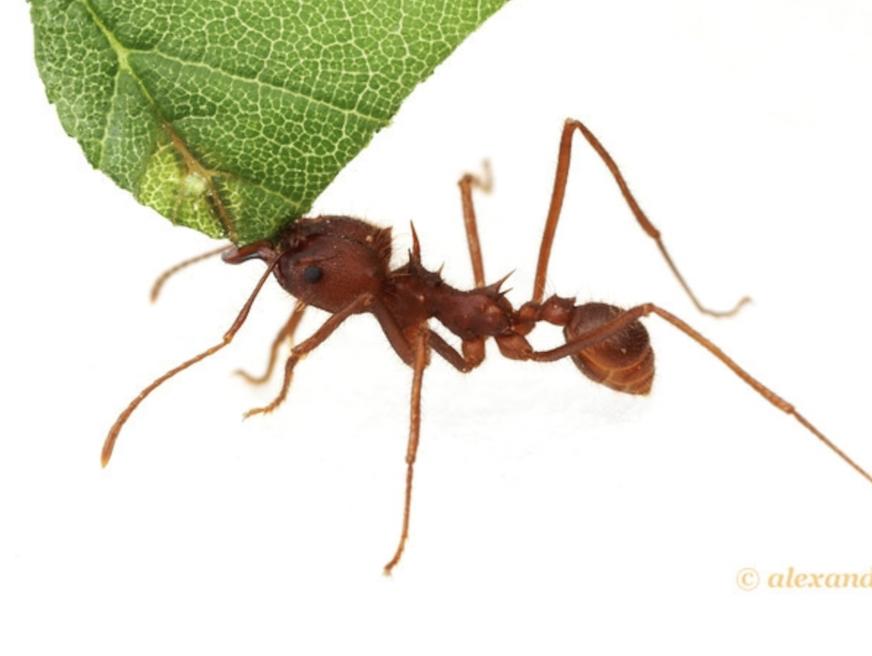
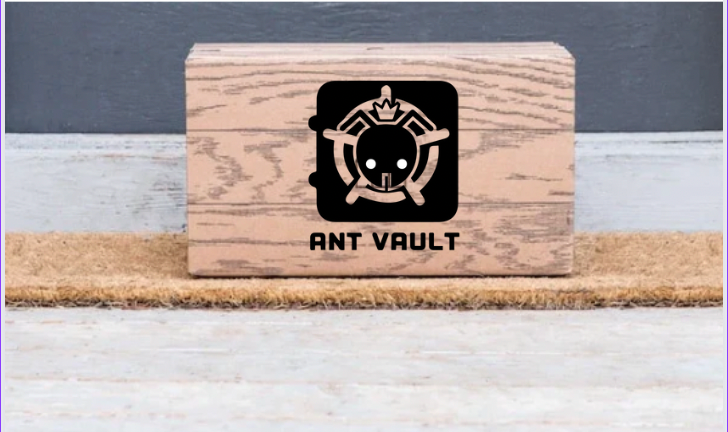


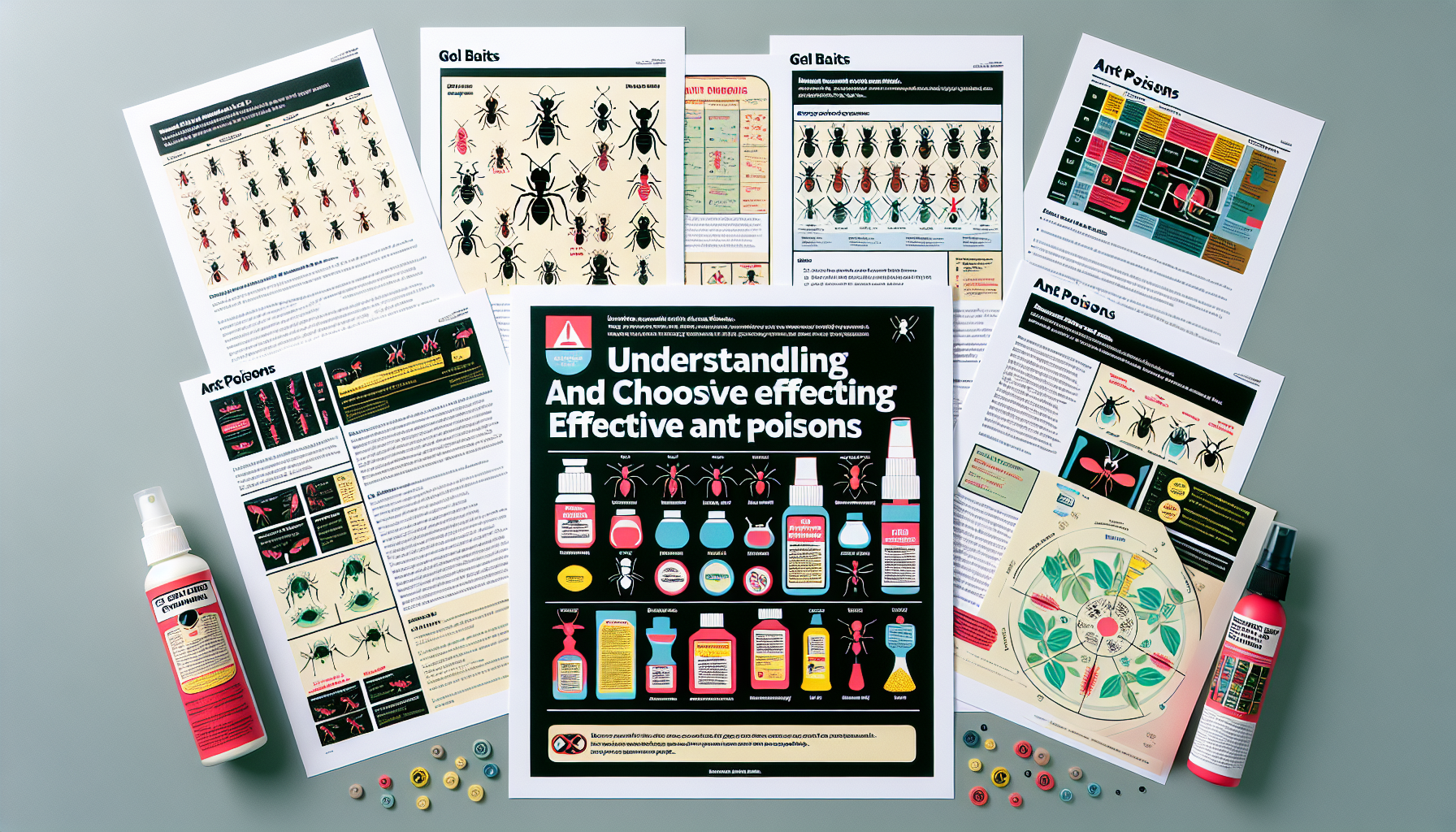
Leave a comment